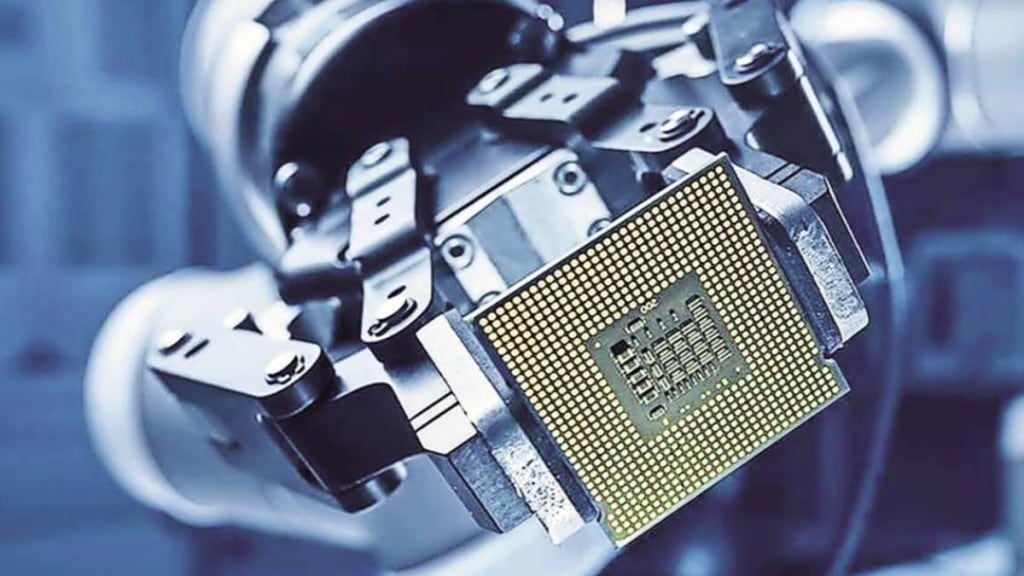Micron Technology, a $30-billion US-based semiconductor manufacturer, has flagged concerns with India’s tax regime, stating that it throws up “unexpected surprises” and is “not aligned with global Outsourced Semiconductor Assembly and Test (OSAT) practices”.
The company has said that recent changes made in the taxation regime have raised a “cloud of uncertainty” with regard to cost of doing business and urged the government to relook at taxation for the electronics sector.
The statement made by Gursharan Singh, senior vice president, global assembly and test, Micron Semiconductor Asia Operations, is significant as the company is a front-runner to participate in the government’s $10-billion domestic semiconductor manufacturing scheme. He made the comments last week at the India-US Initiative on Critical and Emerging Technologies (iCET) dialogue, organised by the Confederation of Indian Industry.
The iCET dialogue, which was jointly launched by India and the US in Washington in January, covers several critical and emerging technology areas such as semiconductor supply chains, defence, space, telecommunications and artificial intelligence and quantum technologies.
Singh’s comments on the country’s unpredictable taxation policy was made in the presence of national security advisor Ajit Doval and his US counterpart Jake Sullivan.
Micron has outlined a $2-billion investment plan to set up an OSAT unit in the country with around four assembly lines. This is the first investment proposal for setting up an OSAT unit under the government’s $10-billion incentive scheme for domestic semiconductor manufacturing, which was announced in December 2021.
Micron’s complaint is with regard to the amendment in Section 65A of the Customs Tariffs Act in this year’s Finance Bill.
As part of the amendment, the government has removed the integrated goods and services tax (IGST) exemption on inputs imported by a duty-free bonded warehouse meant for export production.
Under the Customs Bonded Warehouses or MOOWR Scheme (manufacturing and other operations in a customs bonded warehouse), manufacturers import components which are used for domestic production for export purposes. These components are stored in warehouses. Such imports do not attract any import duty or any other taxes. However, in this year’s Finance Bill, the government has levied IGST on such imports at the rate of 18%. The IGST is levied on interstate supplies of goods and services.
This, analysts say, will adversely impact not only domestic semiconductor manufacturing but also other production-linked incentive schemes like IT hardware and smartphones. In all such electronics or related manufacturing, components are imported and kept in warehouses. The amendment will increase the cost of doing business for firms which are manufacturing in the country and impact their export potential. The companies concerned will now be subject to 18% IGST whose refund could be spread over years.
The intent of the MOOWR scheme was to reduce the cost of capital and maintain the availability of working capital to promote domestic manufacturing. In 2019, the scheme was revamped to facilitate Make in India and was brought at par with other export promotion schemes like special economic zones, export-oriented units, advance authorisation scheme and export promotion capital goods scheme.
Industry executives said that while these schemes continue to have IGST exemption, the same has been removed in the MOOWR scheme. They added that assured tax exemptions had led several companies in the electronics manufacturing sector to move their facilities under the MOOWR scheme from the SEZ, EOU, EPCG schemes.
Micron’s concerns about the taxation regime also comes at a time when in its efforts to get proposals by global semiconductor majors, the government has reopened the window for inviting fresh applications. Unlike the first instance, when the application window was open for only 45 days, this time it will remain open till December 2024.

